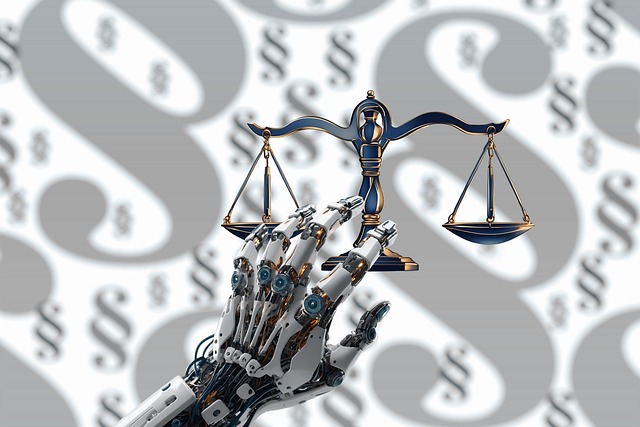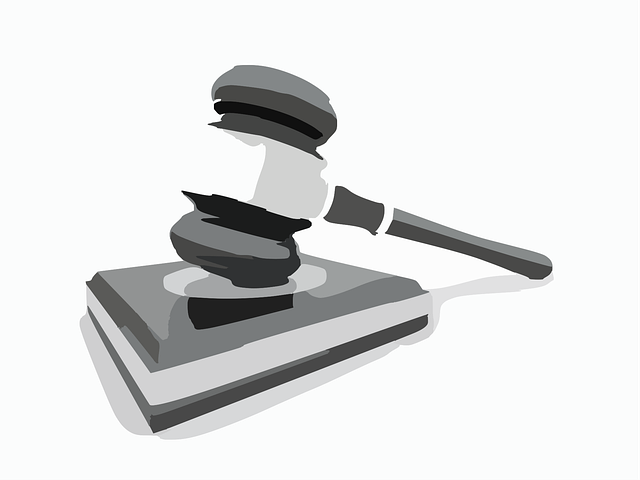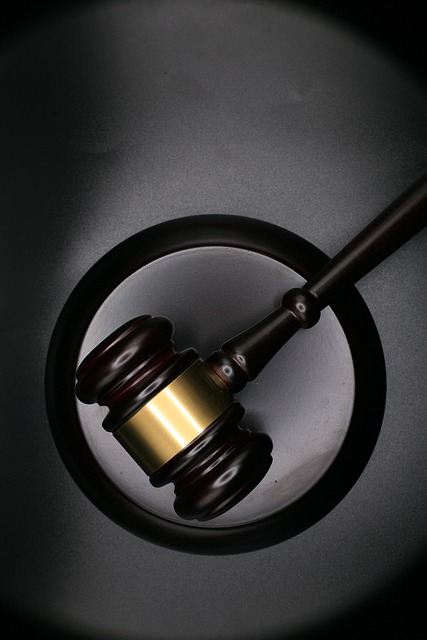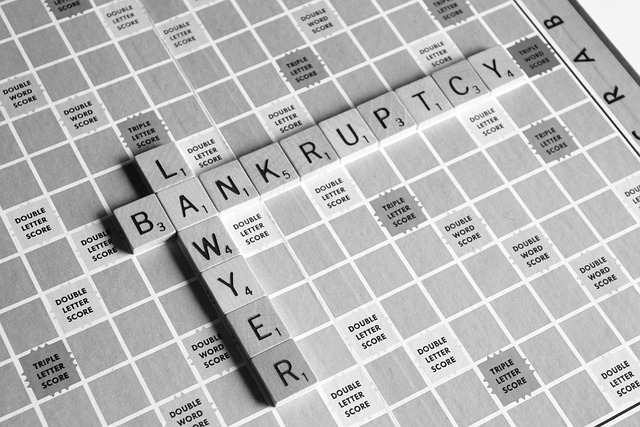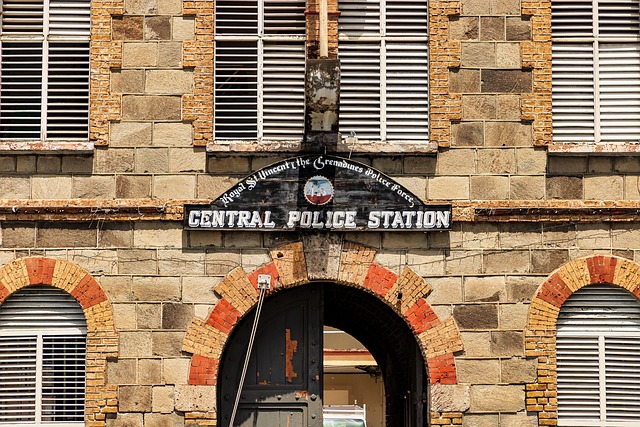This text explores public corruption charges, focusing on the legal frameworks and rights involved in property ownership disputes. It highlights the complex process from investigations to trials, emphasizing the importance of understanding one's legal rights, particularly in cases where corruption allegations stem from property transactions. Specialized prosecutors and lawyers navigate these intricate scenarios, ensuring due process and protecting both the accused's rights and public interests. Key aspects include financial analysis, evidence gathering, and strategic defenses to challenge corrupt activities while preserving legal ownership rights.
Public corruption charges have far-reaching implications, disrupting not just political landscapes but also impacting property ownership disputes. This article delves into the intricate world of public corruption, exploring its legal definitions and frameworks. We analyze how these charges affect property rights, dissecting the legal rights of accused individuals, and examining strategies for defending against such allegations. Understanding these dynamics is crucial in navigating complex legal battles stemming from property ownership conflicts.
- Understanding Public Corruption Charges: Definitions and Legal Framework
- The Impact on Property Ownership Disputes
- Legal Rights of Individuals Accused of Corruption
- Investigating and Proving Corruption Allegations
- Strategies for Defending Against Public Corruption Charges
Understanding Public Corruption Charges: Definitions and Legal Framework
Public Corruption Charges refer to allegations of illicit behavior by public officials or individuals in positions of power who abuse their authority for personal gain. This can manifest as bribery, extortion, fraud, or misuse of public funds. Understanding these charges involves grasping the nuances of legal frameworks that govern such offenses. Each jurisdiction has its own set of laws and regulations that define what constitutes corruption and outline the rights and responsibilities of those involved.
In many countries, public corruption is categorized under white-collar and economic crimes, which often carry severe penalties. The process of dealing with these charges typically involves initial investigations by law enforcement agencies followed by legal proceedings that may culminate in trials. Accused individuals have certain legal rights to ensure a fair trial, including the right to be informed of the charges against them, the right to legal representation, and the right to confront witnesses. Across the country, the handling of public corruption cases varies, with some jurisdictions emphasizing jury trials for added transparency and accountability.
The Impact on Property Ownership Disputes
When a public corruption charge is involved, it can significantly impact property ownership disputes. These cases often lead to complex legal scenarios where individuals or entities may find themselves at odds over the rights to assets and properties. In such situations, understanding one’s legal rights in property ownership conflicts becomes paramount. The accused, as well as those potentially affected by the corruption, must navigate through the intricate web of general criminal defense strategies, ensuring their interests are protected throughout all stages of the investigative and enforcement process.
The nature of public corruption investigations can result in a cascade of legal implications, requiring meticulous attention to detail. From identifying and preserving evidence relevant to property transactions to comprehending the legal standing of various parties involved, every step is crucial. This process demands a thorough understanding of both civil and criminal laws, as well as their interplay, to ensure fair outcomes for all stakeholders in these ownership disputes.
Legal Rights of Individuals Accused of Corruption
Individuals accused of public corruption face a complex web of legal rights and considerations, especially regarding their property ownership. In any investigation or prosecution for white-collar and economic crimes, the suspected individual’s rights must be respected while ensuring justice is served. These include the right to due process, meaning they are informed of the charges, allowed to gather evidence, and presented with a fair trial.
The accused also has the legal right to own property, which can include businesses or assets acquired through legitimate means. However, in cases of corruption, investigators must navigate these respective business interests carefully. Across the country, laws vary in how they handle asset forfeiture, but generally, the onus is on prosecutors to prove that specific property was used or acquired through corrupt activities, respecting the individual’s legal rights and ensuring due process is followed.
Investigating and Proving Corruption Allegations
When investigating and proving corruption allegations, a meticulous process is required to uncover the truth. This involves sifting through complex financial transactions, examining official records, and gathering credible evidence. In many instances, public corruption charges arise from property ownership conflicts, where individuals or entities abuse their power for personal gain. Understanding legal rights in these scenarios is paramount to ensuring justice.
Specialized prosecutors and investigators work tirelessly to navigate the intricate web of high-stakes cases, focusing on achieving extraordinary results for their clients. By employing strategic legal tactics and leveraging advanced investigative techniques, they expose corruption, protect the public interest, and safeguard the integrity of democratic processes.
Strategies for Defending Against Public Corruption Charges
When facing public corruption charges, understanding one’s legal rights is paramount. The first step in crafting a winning challenging defense verdict involves comprehending the specifics of your case and the applicable laws. Corruption cases often revolve around complex financial transactions or official misdeeds, making it crucial to have a lawyer who specializes in white-collar and economic crimes. They can help navigate through these intricate matters and ensure your rights as a property owner are respected.
A robust defense strategy may include challenging the evidence presented by prosecutors, examining witness testimonies, and highlighting any procedural irregularities. By raising questions about the admissibility of certain evidence or the motives of witnesses, defendants can create reasonable doubt in the minds of jurors. This approach has proven successful across the country in securing not-guilty verdicts for those unfairly accused of public corruption. Furthermore, understanding your legal rights regarding property ownership conflicts is essential; a skilled attorney will ensure that any seizures or attachments of assets are conducted appropriately and in compliance with due process laws.
Public corruption charges can significantly impact property ownership disputes, underlining the importance of understanding both the legal framework and individual rights within these cases. As investigations into corruption allegations become more sophisticated, those accused must employ robust defense strategies to protect their legal rights, especially in relation to property ownership. By navigating these complex issues, individuals can ensure fairness and due process while addressing the broader societal impact of public corruption.


